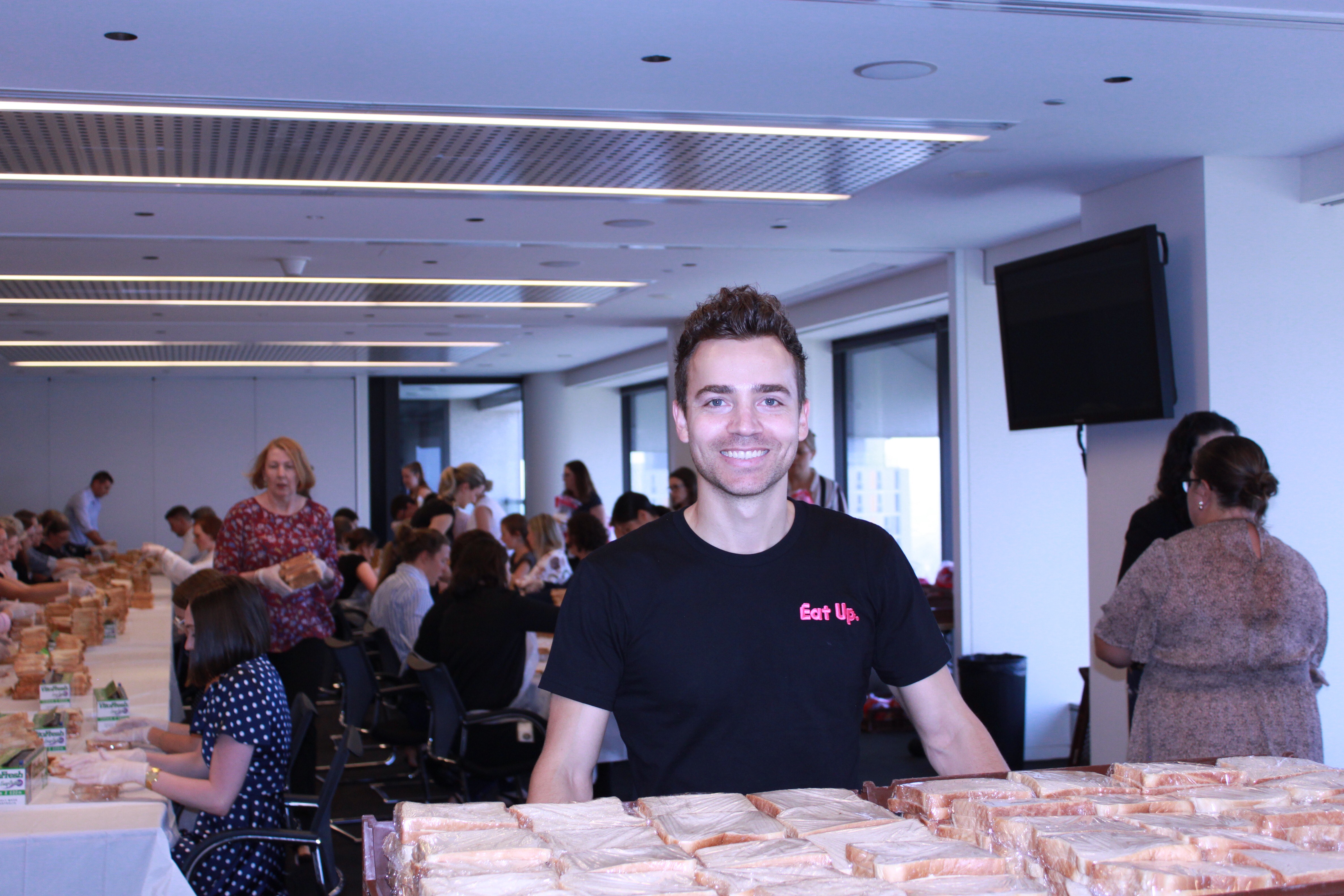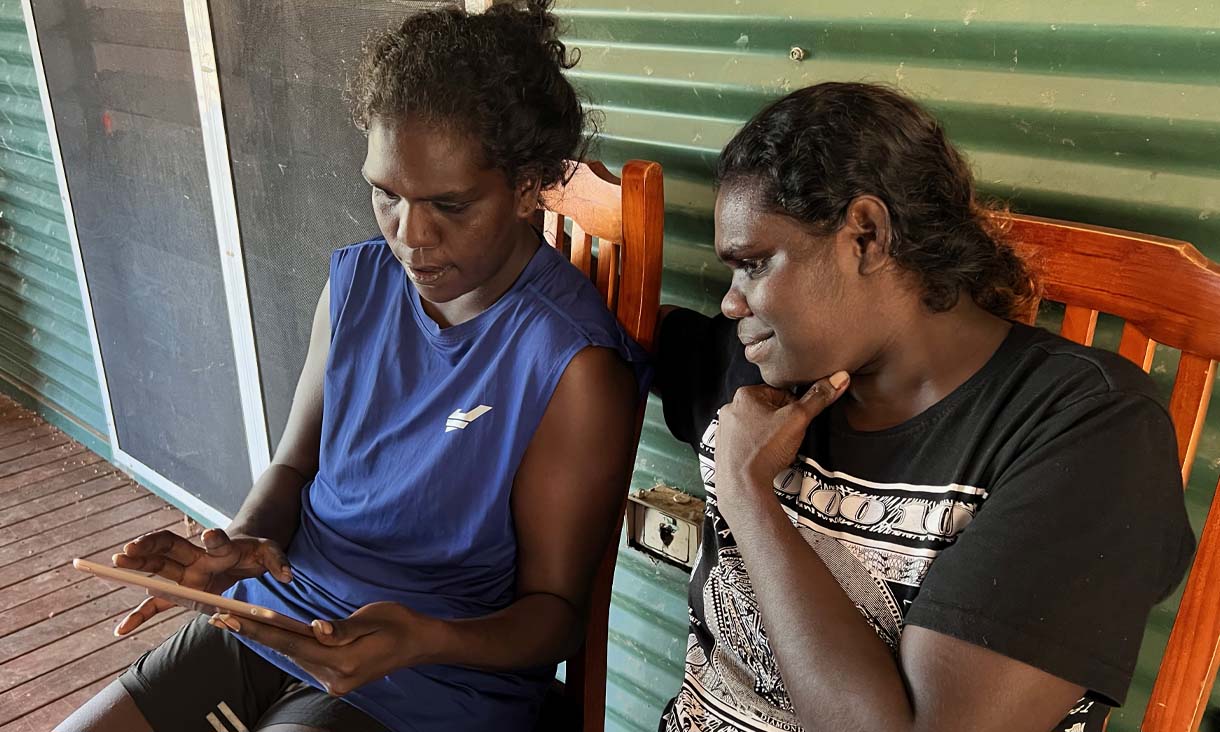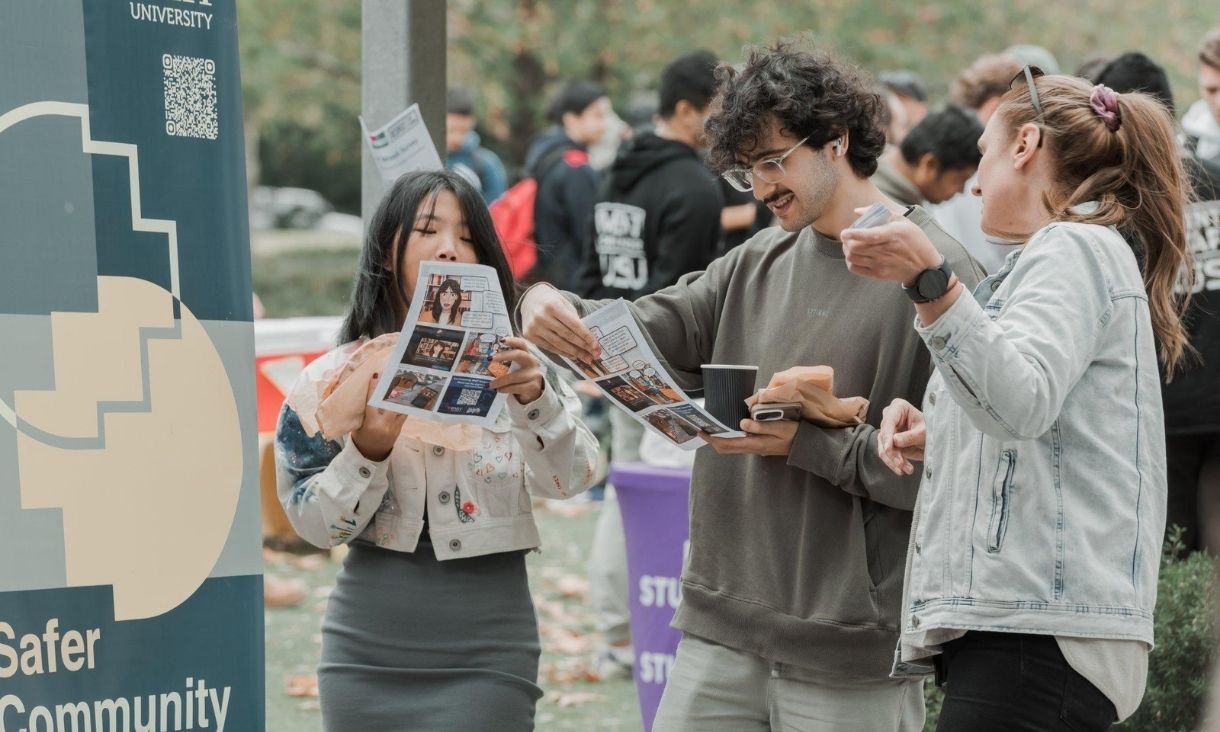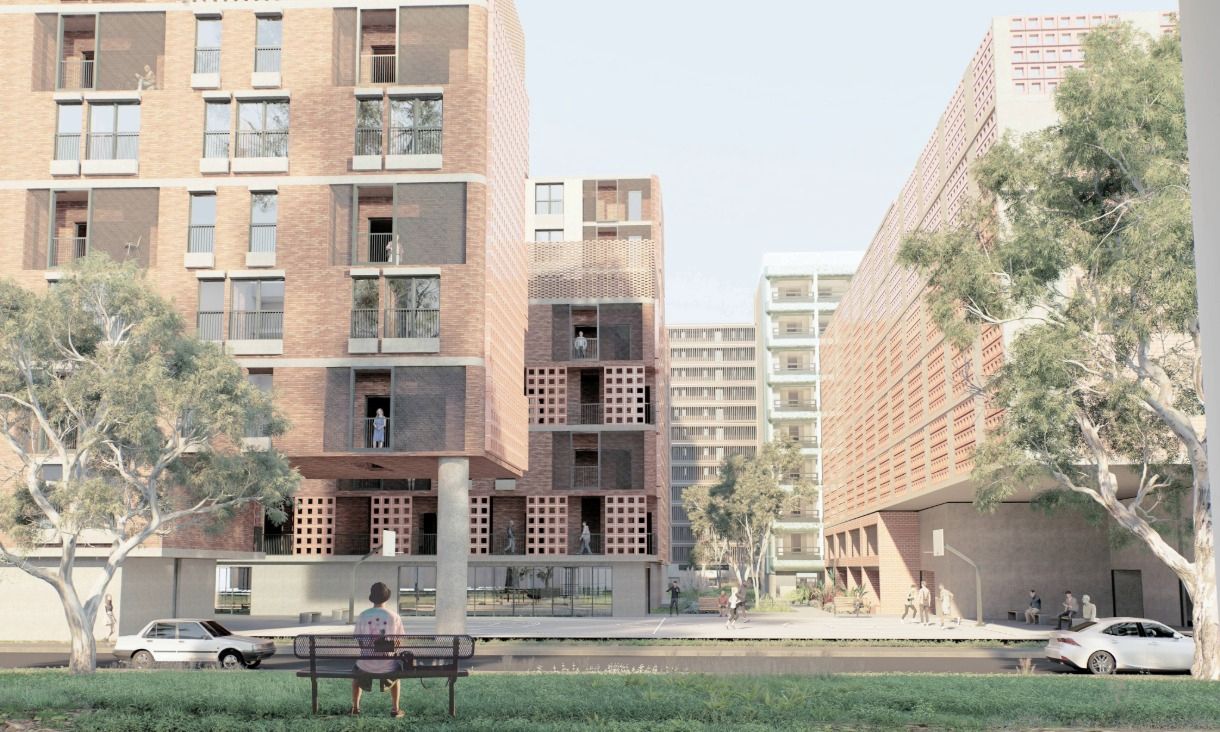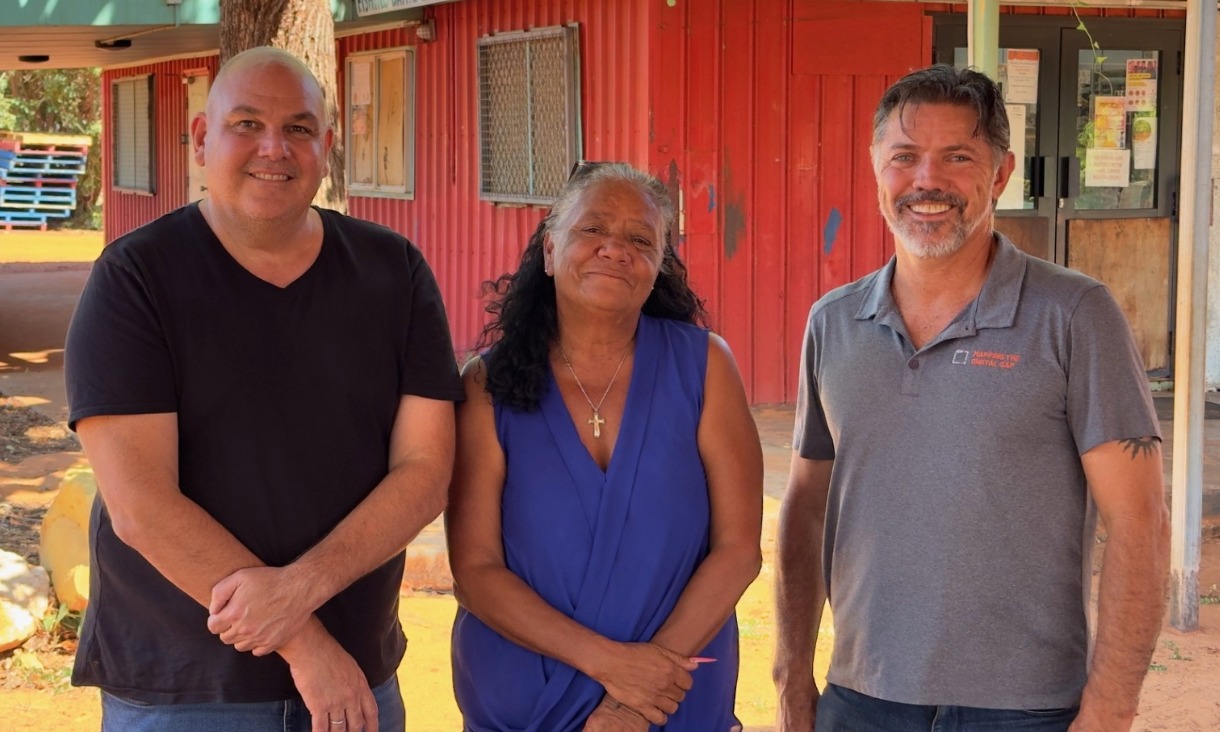Free Wi‑Fi for 53 remote communities – RMIT experts react
The federal government last week announced plans to install free public Wi‑Fi in a further 53 remote communities, in a move aimed at narrowing the digital divide for First Nations Australians.
Marking the International Day of Women and Girls in Science 2026: RMIT earns final two SAGE Cygnet Awards
On the International Day of Women and Girls in Science, RMIT is proud to announce it has achieved its final two SAGE Cygnet awards, recognising the University's leadership in advancing gender equity, inclusion and safety.
Melbourne public housing tower report calls for reno over knockdown-rebuild
An RMIT University-led report has found upgrading the Barkly Street public housing estate in Brunswick, rather than demolishing it, could deliver significant social, economic and environmental benefits.
First Nations Australians twice as likely to be digitally excluded
First Nations Australians are twice as likely as other Australians to be digitally excluded and face barriers to accessing, affording and using the internet. For those living in remote Australia, the barriers are much greater.

